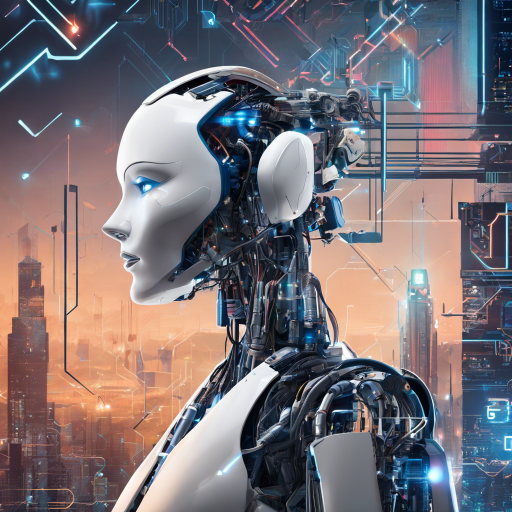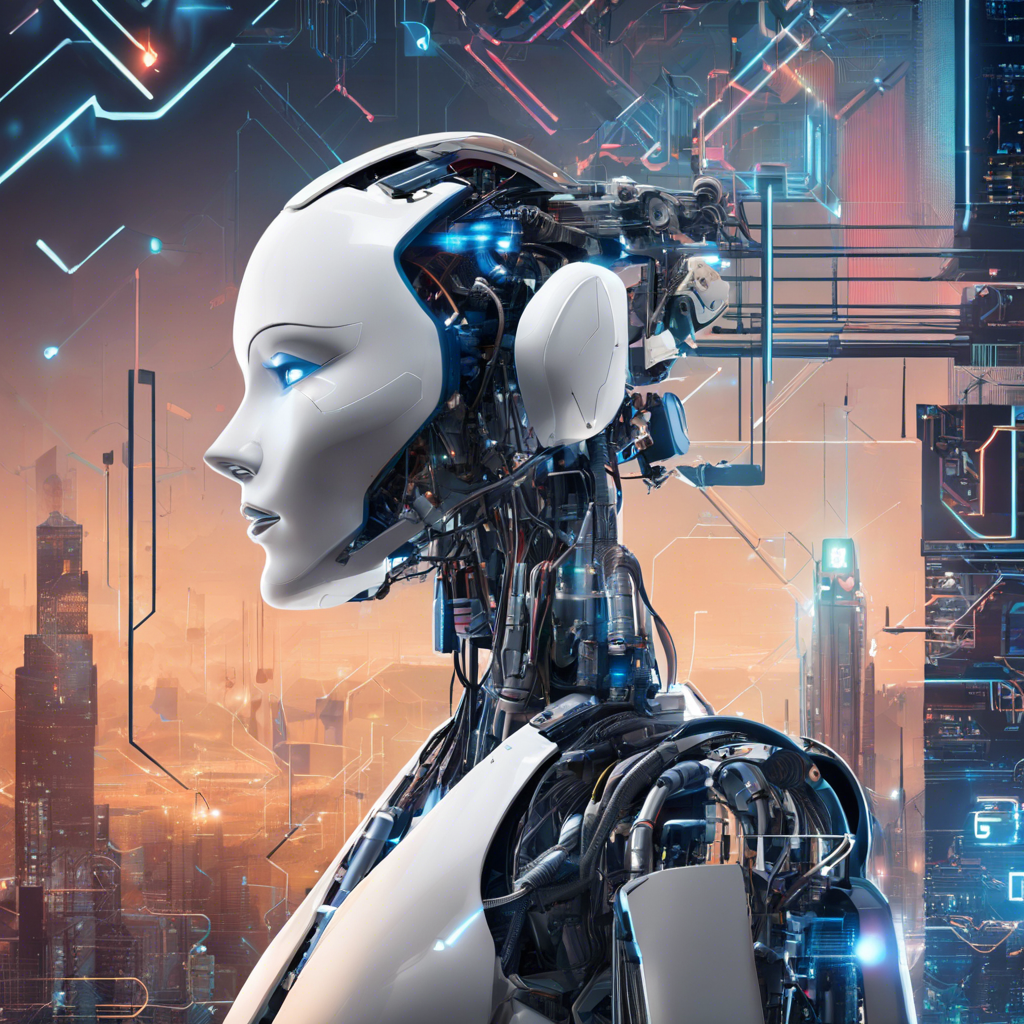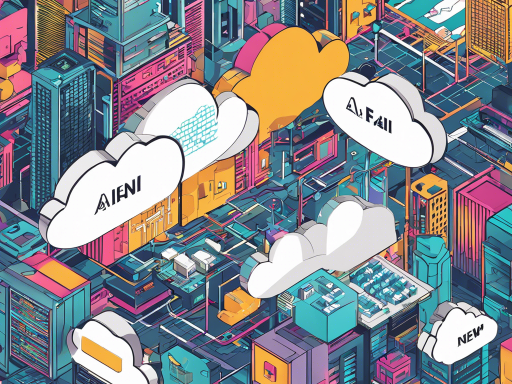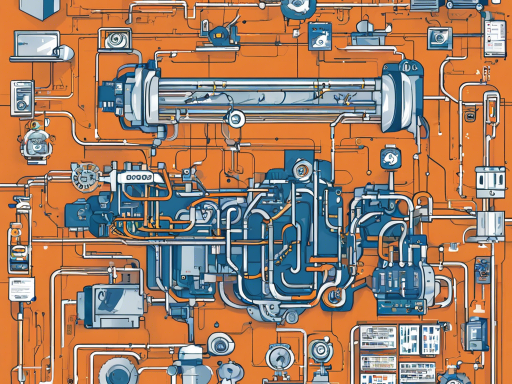The rapid advancements in artificial intelligence (AI) have revolutionized numerous industries, from healthcare to finance, transforming the way we live and work. Yet, as AI becomes increasingly integrated into our daily lives, a critical question emerges: How can we ensure that this technology is developed and deployed ethically? The era of AI presents us with both immense opportunities and significant challenges, particularly when it comes to maintaining ethical standards. As AI systems become more sophisticated and autonomous, the need for responsible development and implementation becomes ever more pressing.
Ethical AI is about creating and using technology that aligns with human values and ensures fairness, transparency, and accountability. It involves considering the potential consequences of AI applications and taking proactive measures to prevent harm. For instance, bias in AI is a well-documented issue, with algorithms sometimes mirroring and amplifying societal biases. Biased AI can lead to unfair outcomes in hiring processes, loan approvals, and even criminal justice, further exacerbating social inequalities. Addressing these biases requires diverse and inclusive development teams and rigorous testing to ensure AI systems are fair and impartial.
One of the key challenges in ethical AI is the lack of transparency. AI systems, particularly those powered by machine learning, can be ‘black boxes,’ making it difficult to understand why they make certain decisions. This opacity can create trust issues and hinder accountability. To counter this, developers are working on methods to explain AI decisions and predictions, making it easier to identify and rectify biases or errors. By enhancing transparency, we can ensure better oversight and build public trust in AI technologies.
##
Another essential aspect of ethical AI is the responsible use of data. AI systems rely on vast amounts of data, and how this data is collected, stored, and used can raise ethical concerns. Personal data privacy is a significant issue, with numerous cases of companies mishandling user data. Ethical AI practices promote user consent, data protection, and transparency in data collection and usage. This includes providing users with clear information about what data is being collected and how it will be used, allowing individuals to maintain control over their personal information.
As AI continues to evolve, ethical considerations should be a top priority in policy-making and regulation. Governments and organizations worldwide are developing guidelines and standards for ethical AI, focusing on areas such as data privacy, algorithmic transparency, and bias mitigation. For example, the EU’s General Data Protection Regulation (GDPR) sets a precedent for data privacy rights, while the Asilomar AI Principles provide a framework for safe and beneficial AI development. Such regulations and guidelines are crucial in shaping the future of AI technology and its impact on society.
Incorporating ethics into AI development requires a collaborative effort involving various stakeholders, including researchers, developers, policymakers, and the public. It involves continuous dialogue and learning, adapting to new technological advances and societal needs. Educational programs can play a significant role in fostering a new generation of AI professionals who understand the ethical implications of their work and are committed to creating responsible AI solutions.
The future of AI is promising, with the potential to enhance various aspects of our lives. However, realizing this potential sustainably and beneficially requires a proactive approach to ethics. By prioritizing fairness, transparency, and accountability, we can ensure that AI serves as a tool for positive transformation while minimizing its risks.
In conclusion, as we embrace the AI revolution, we must not overlook its ethical implications. The journey towards ethical AI is a collective responsibility, requiring us to question, learn, and adapt. Only then can we ensure that AI becomes a force for good, benefiting humanity as a whole. Let’s aim for an AI future that is not just technologically advanced but also morally sound and respectful of human values and rights.





